Are you struggling with anxiety? Do you feel like you're constantly on edge and can't relax? If so, you're not alone. Anxiety is a common mental health issue that affects millions of people worldwide. While there are many ways to manage anxiety, one effective technique is gratitude journaling. In this article, we'll explore how gratitude journaling can help you find peace, and we'll introduce you to the Productivity Store, a platform that offers the best gratitude journal to help you stay productive and focused.
Gratitude Journaling for Anxiety
Gratitude journaling is a simple yet powerful practice that involves writing down things you're grateful for each day. Research shows that gratitude journaling can help reduce symptoms of anxiety and depression, increase positive emotions, and improve overall well-being. By focusing on the good things in your life, you can shift your attention away from negative thoughts and worries, and cultivate a more positive mindset.
How Productivity Store Can Help with Gratitude Journaling
If you're new to gratitude journaling, it can be helpful to have a structured framework to guide your practice. Productivity Store offers a the best gratitude journals that provide prompts and exercises to help you develop a regular gratitude practice. By incorporating gratitude journaling into your daily routine, you can cultivate a more positive mindset, reduce symptoms of anxiety, and improve your overall well-being.
The Benefits of Gratitude Journaling
Gratitude journaling offers numerous benefits for mental health and well-being. Here are just a few of the ways that gratitude journaling can help reduce anxiety and promote feelings of peace and contentment:
- Reduces Stress
Gratitude journaling has been shown to reduce levels of cortisol, the hormone associated with stress. By focusing on the positive aspects of your life, you can lower your stress levels and improve your overall mood.
- Increases Positive Emotions
Gratitude journaling can help boost positive emotions such as joy, happiness, and contentment. When you focus on the things you're grateful for, you cultivate a more positive mindset, which can improve your overall well-being.
- Enhances Relationships
Gratitude journaling can help you appreciate the people in your life and strengthen your relationships. By focusing on the positive qualities of those around you, you can foster a sense of connection and improve your social support network.
- Improves Sleep
Anxiety can often interfere with sleep, but gratitude journaling can help. By focusing on positive thoughts before bed, you can reduce anxious thoughts and promote more restful sleep.
- Increases Resilience
Gratitude journaling can help build resilience and coping skills. By cultivating a more positive mindset, you can better manage stress and adversity, and bounce back from setbacks more easily.
Gratitude Journaling Prompts
If you're new to gratitude journaling, it can be helpful to have some prompts to guide your practice. Here are a few examples of gratitude journaling prompts that you can use to get started:
- What are three things you're grateful for today?
- Who are the people in your life that you're most grateful for, and why?
- What are some of the challenges you've faced recently, and how have you overcome them?
- What is one thing you've learned recently that you're grateful for?
- What is one positive experience from today that you're grateful for?
- What are three things you love about yourself?
By answering these prompts regularly, you can begin to shift your focus towards the positive aspects of your life, and cultivate a more grateful mindset.
How to Get Started with Gratitude Journaling
Getting started with gratitude journaling is simple. All you need is a notebook or journal and a pen. Here are some tips to help you get started:
- Set aside time each day to write in your journal.
Gratitude journaling is most effective when it's done consistently. Set aside a few minutes each day to write down things you're grateful for.
- Focus on specific things you're grateful for.
Rather than writing general statements like "I'm grateful for my life," focus on specific things you're grateful for, like the people in your life, the opportunities you have, or the experiences you've had.
- Be honest.
Don't feel like you need to force yourself to feel grateful for things that don't resonate with you. Be honest about the things you're grateful for, even if they seem small or insignificant.
- Mix it up.
To keep your gratitude practice fresh and engaging, mix up your prompts and exercises. Try writing about different topics, using different prompts, or incorporating other practices like meditation or visualization.
FAQ
- How long does it take to see the benefits of gratitude journaling?
While some people may experience benefits right away, it can take several weeks or months of consistent practice to see significant improvements in well-being.
- Can gratitude journaling replace other forms of therapy or medication?
Gratitude journaling can be a helpful tool for managing anxiety and promoting well-being, but it's not a replacement for therapy or medication. It's important to consult with a mental health professional if you're experiencing symptoms of anxiety or depression.
- Do I need to be a good writer to practice gratitude journaling?
- Can I practice gratitude journaling with a friend or partner?
- Can I use a digital journal instead of a physical one?
- How can Productivity Store help me with gratitude journaling?
Productivity Store offers the best gratitude journal to help you develop a regular gratitude practice. By using their gratitude journal, you can stay motivated and engaged in your practice, and develop a more positive mindset over time.
Conclusion
Gratitude journaling is a simple yet powerful tool for managing anxiety and promoting well-being. By focusing on the positive aspects of your life, you can cultivate a more grateful mindset and reduce symptoms of anxiety and depression. If you're interested in starting a gratitude journaling practice, consider checking out the resources available on Productivity Store. Whether you're a beginner or an experienced journaler, there's something for everyone on this platform.
Remember, gratitude journaling is just one tool in the toolbox for managing anxiety. If you're experiencing persistent symptoms of anxiety or depression, it's important to seek professional help from a mental health provider. With the right support and resources, you can learn to manage your anxiety and live a more fulfilling life.







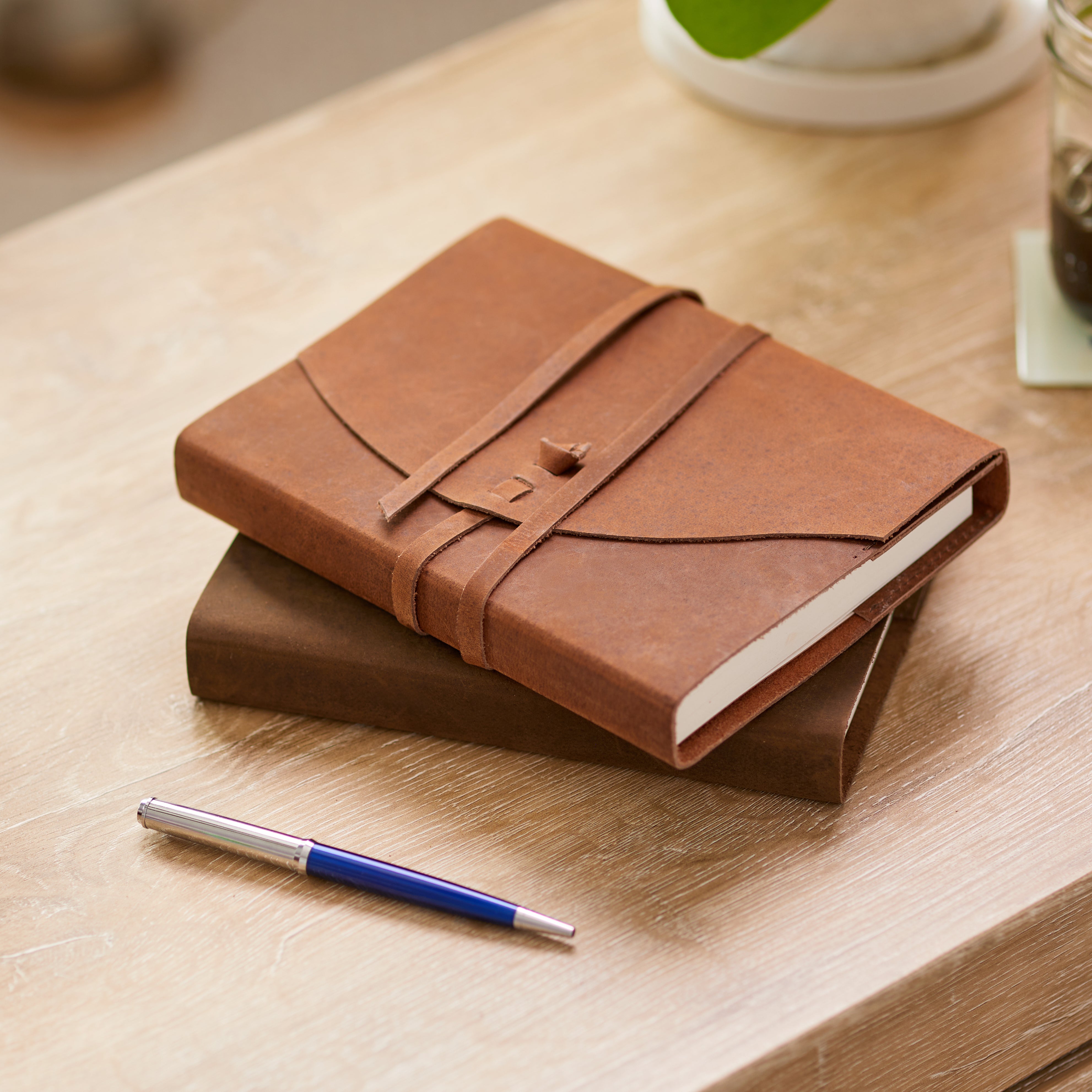
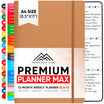





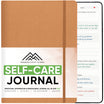
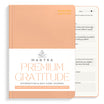

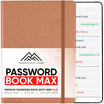
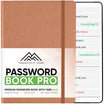

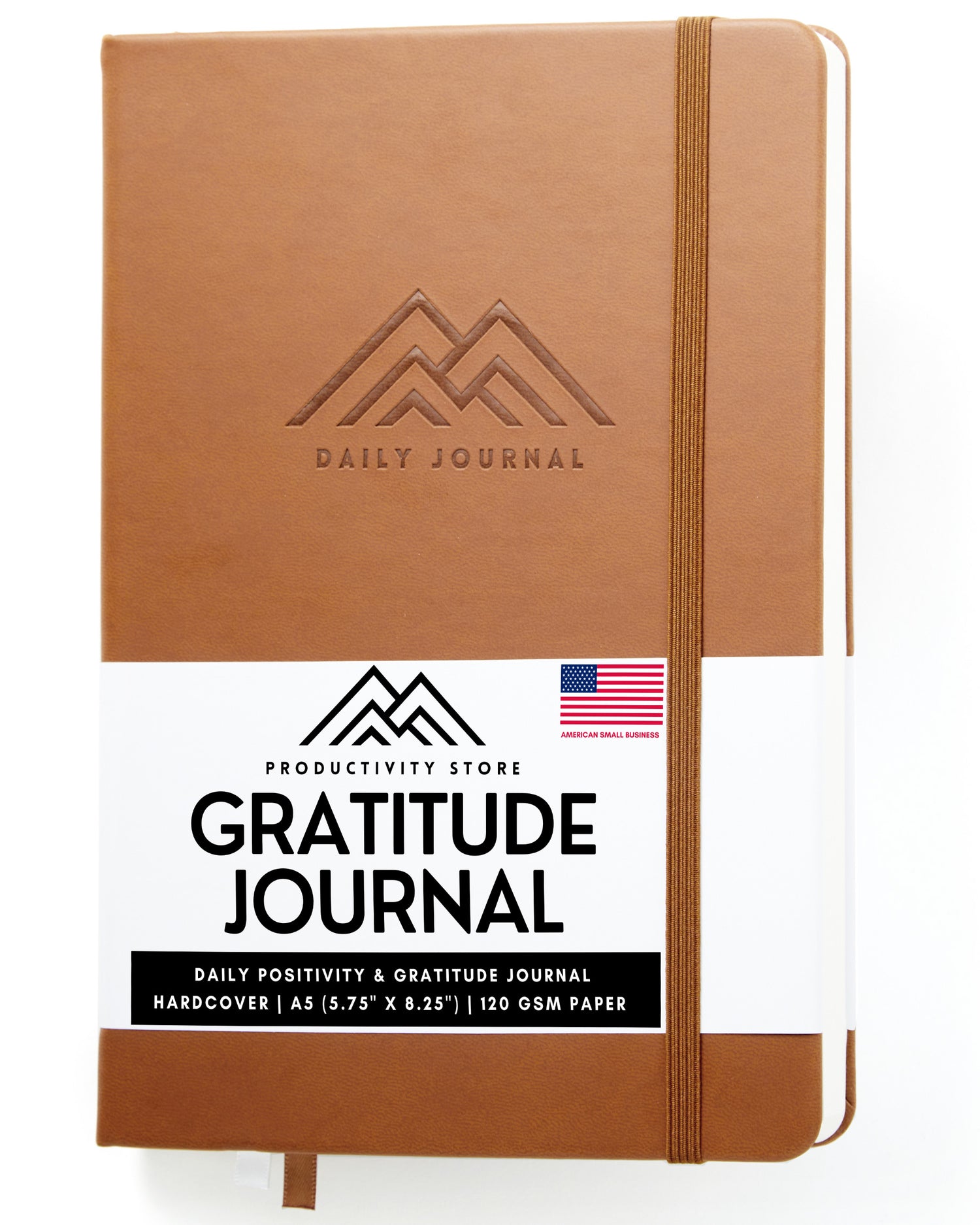
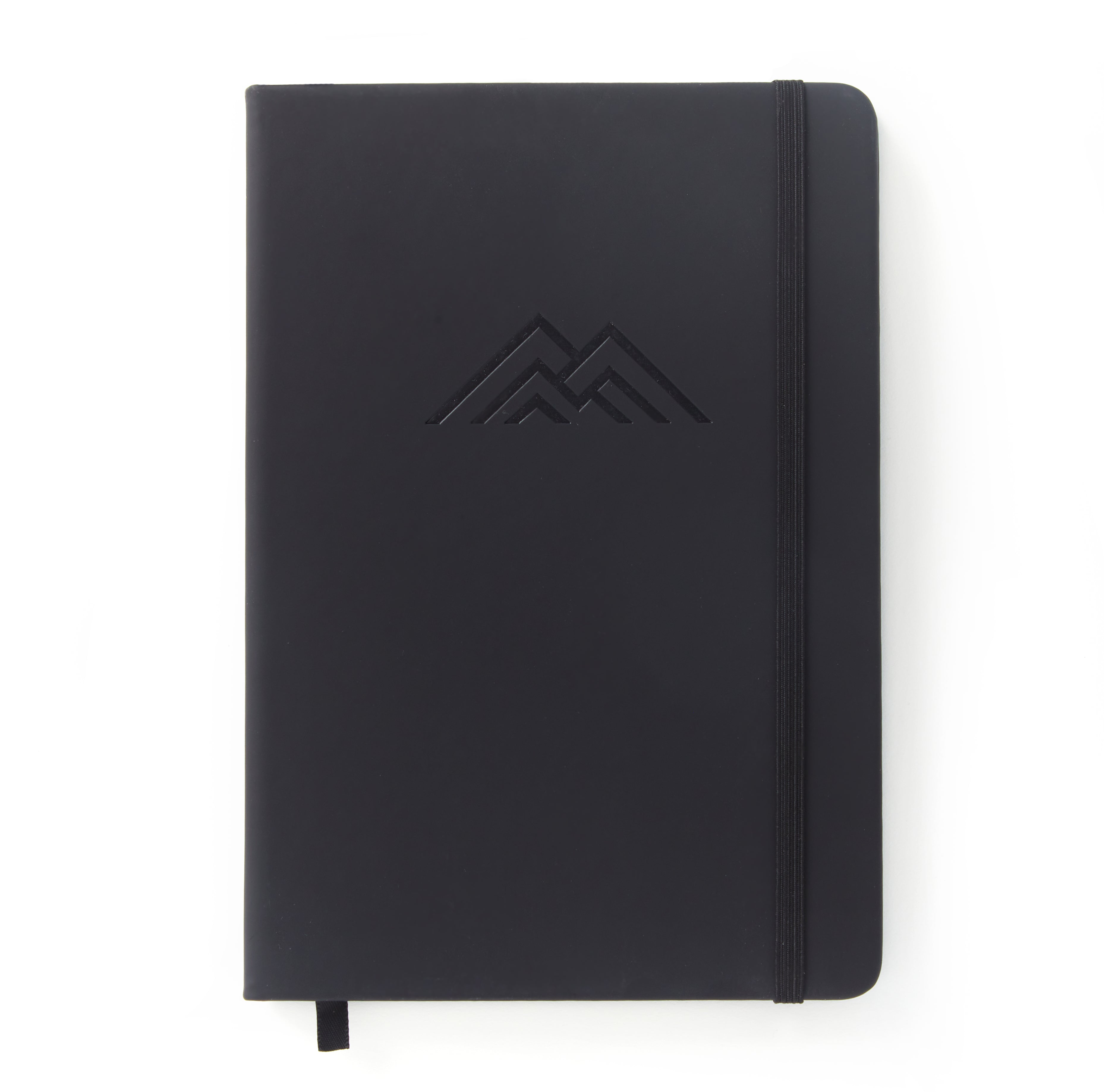
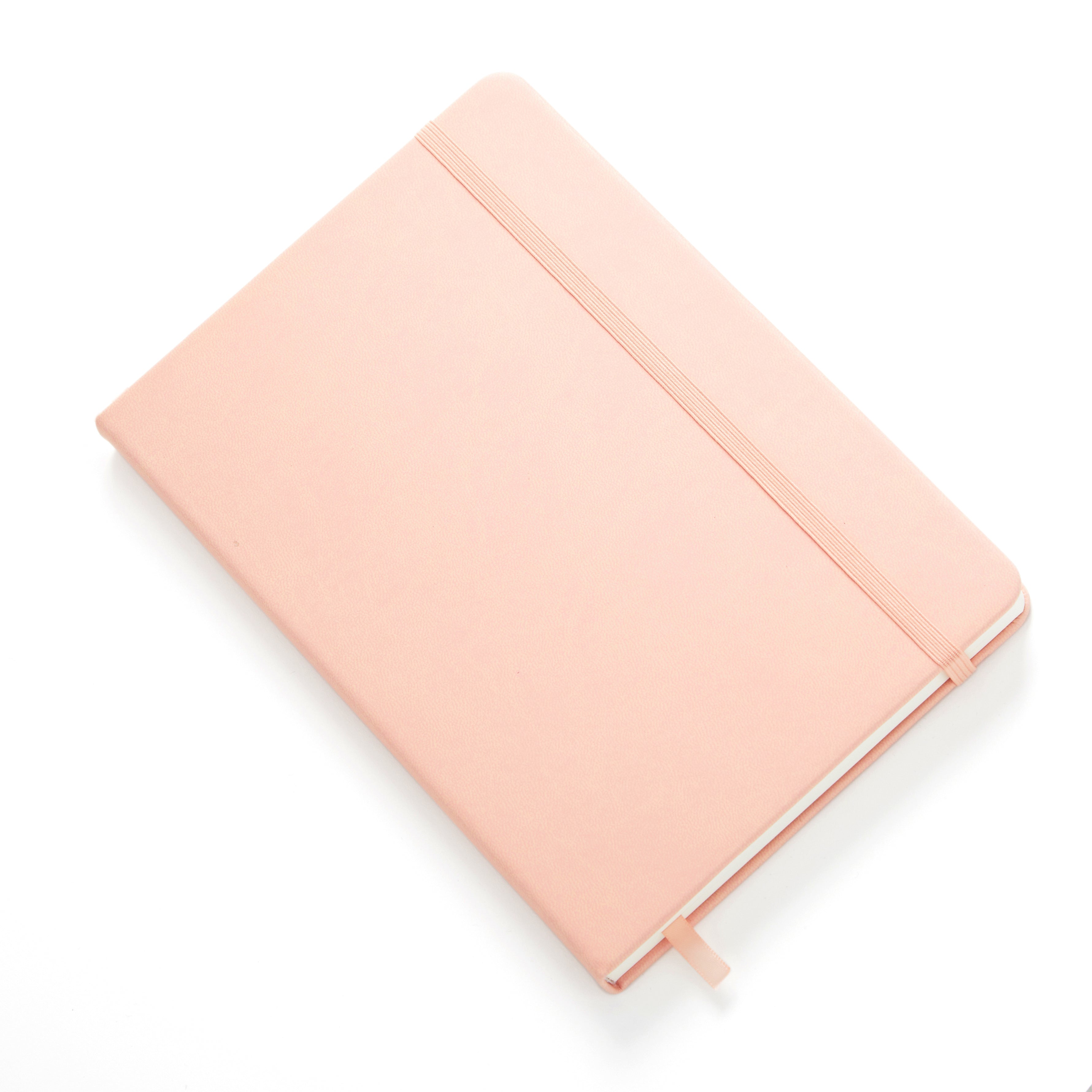
Leave a comment
All comments are moderated before being published.
This site is protected by hCaptcha and the hCaptcha Privacy Policy and Terms of Service apply.